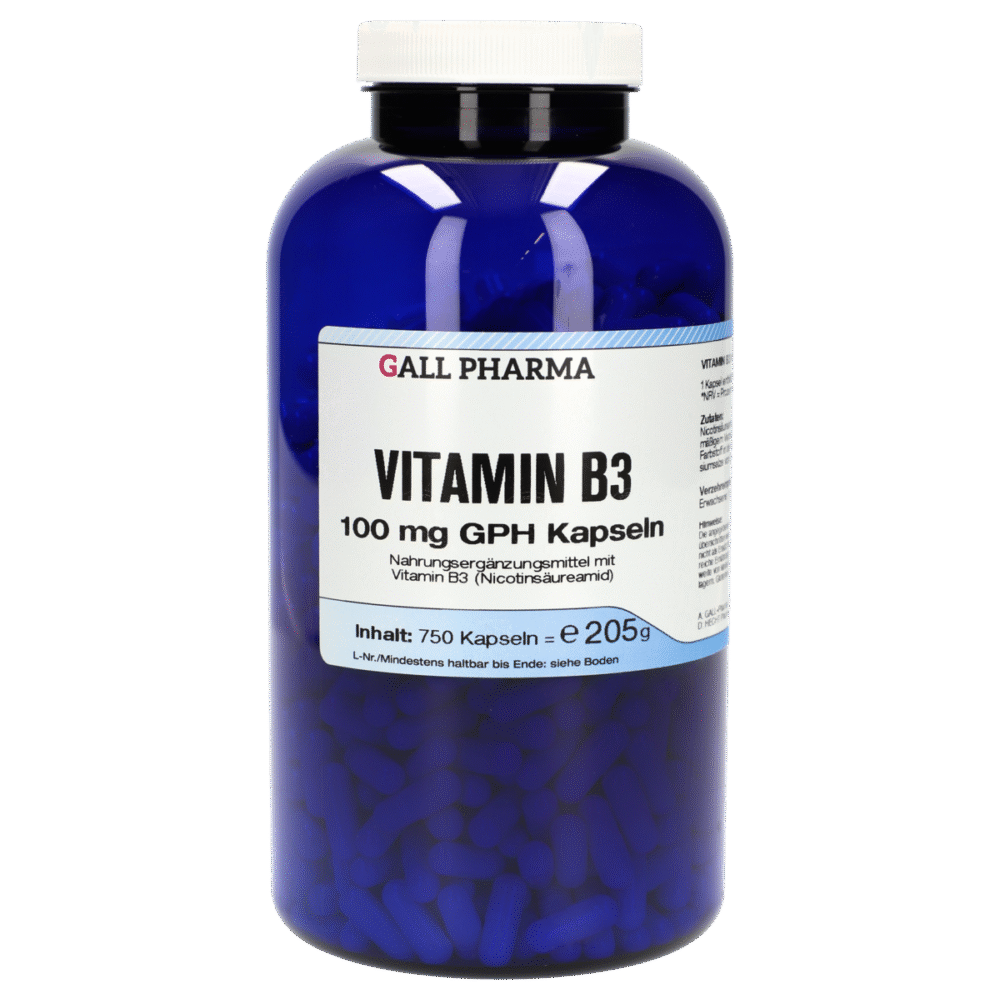New scientific research suggests that vitamin B3, specifically in the form of nicotinamide, may help protect against certain types of skin cancer, particularly in people who have already experienced the disease.
Key Findings
A large clinical study has shown that individuals who regularly took nicotinamide supplements were significantly less likely to develop new non-melanoma skin cancers, such as basal cell carcinoma and squamous cell carcinoma. The protective effect was especially strong in people with a history of skin cancer, with some seeing their risk of developing new cancers drop by more than half.
For those without a prior diagnosis, the benefit was smaller but still noticeable, suggesting that nicotinamide could serve as an additional layer of defense for people with high sun exposure or precancerous skin conditions.
Who Benefits the Most
- People with a history of non-melanoma skin cancer appear to see the greatest reduction in risk.
- Patients with sun damage or precancerous lesions may experience fewer new growths when taking the supplement.
- Older adults and individuals with weakened immune systems are also likely to benefit, given their increased vulnerability.
- High-risk patients starting early—such as those who begin supplementation shortly after a diagnosis—may maximize protective effects.
Limitations and Considerations
Experts stress that nicotinamide is not a substitute for sunscreen, protective clothing, or routine skin checks. Its benefits appear limited to non-melanoma skin cancers, with no clear evidence yet that it prevents melanoma, the most dangerous form.
Additionally, the protective effect is dependent on consistent use. Once people stop taking nicotinamide, the benefit fades. The dosage used in research trials was higher than what is typically found in standard multivitamins, so individuals should consult a healthcare professional before starting supplementation.
The Bigger Picture
For many at-risk groups, nicotinamide offers a promising, affordable, and generally safe tool to help reduce skin cancer recurrence. While more research is underway, dermatologists are increasingly recommending it as part of a comprehensive prevention strategy that also includes sun protection and regular monitoring by a doctor.















Leave a Reply